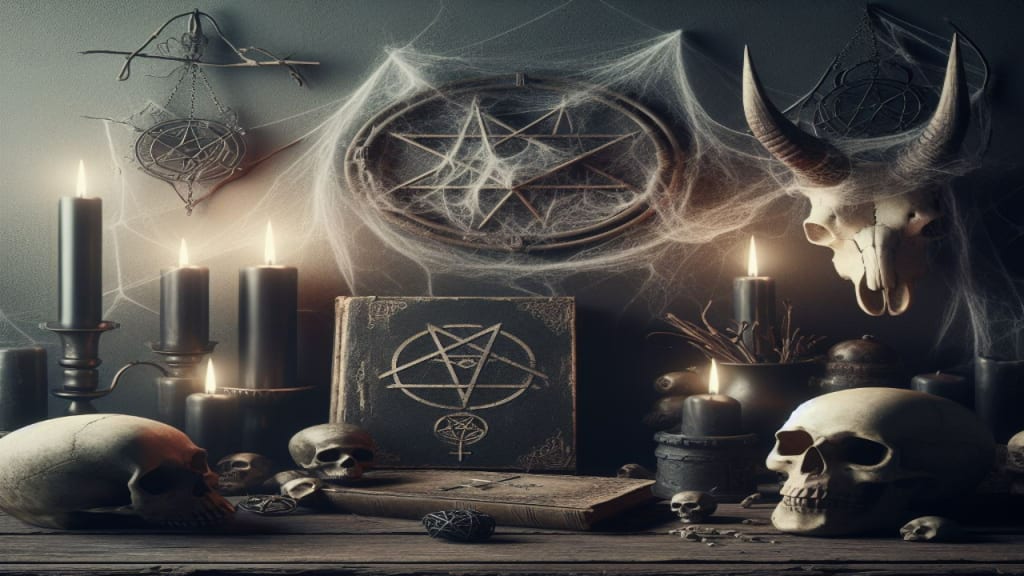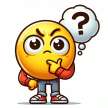
Dark Magic: A Historical and Cultural Overview
Introduction
Dark magic, often associated with malevolent intentions and practices, has been a subject of intrigue, fear, and curiosity throughout human history. It is typically contrasted with white or "good" magic, with the distinction primarily based on the intent behind the use of magic.
Historical Context
The concept of dark magic has its roots in ancient civilizations. The Egyptians, Greeks, Romans, and many other cultures have references to dark magic in their mythology and folklore. It was often associated with curses, necromancy, and other practices intended to cause harm or manipulate others against their will.
Dark Magic in Religion and Mythology
In many religions and mythologies, dark magic is portrayed as a tool of evil forces. In Christianity, for instance, witchcraft and sorcery are condemned as works of the Devil. Similarly, in Hindu mythology, dark magic is often associated with demonic beings known as Asuras.
Dark Magic in Popular Culture
In contemporary popular culture, dark magic is a common trope in fantasy literature and media. From the "Dark Arts" in J.K. Rowling's Harry Potter series to the malevolent sorcery in J.R.R. Tolkien's Middle-earth, dark magic serves as a plot device symbolizing the struggle between good and evil.
The Ethics of Dark Magic
The ethical implications of dark magic are a subject of debate. Some argue that magic itself is neutral, and it is the intent of the practitioner that determines whether it is "dark" or "light". Others contend that certain practices, such as cursing or necromancy, are inherently harmful and thus fall under the umbrella of dark magic.
Dark Magic: A Deeper Dive
Dark Magic in Literature
Dark magic has been a prevalent theme in literature, particularly in the fantasy genre. It often serves as a metaphor for power and corruption. For instance, in J.K. Rowling's Harry Potter series, the use of dark magic leads to a loss of one's soul and humanity.
Dark Magic and Psychology
From a psychological perspective, dark magic can be seen as a manifestation of the human subconscious. It represents the darker aspects of human nature, such as greed, power, and control. This interpretation aligns with Carl Jung's theory of the "Shadow Self," which refers to the unconscious aspects of the personality that the conscious ego does not identify with.
Dark Magic in Modern Society
In modern society, dark magic is often associated with fringe groups and practices, such as Satanism or certain branches of Wicca and Paganism that embrace the darker aspects of the human experience. It's important to note that these practices are often misunderstood and misrepresented, leading to fear and prejudice.
The Future of Dark Magic
As our understanding of the world and human nature evolves, so too does our interpretation of dark magic. With the rise of technology and science, the line between magic and science blurs. Concepts once considered as dark magic, such as manipulation of life forces or creation of life, are now within the realm of scientific possibility.
Dark Magic: Societal and Ethical Implications
Dark Magic and Morality
The concept of dark magic often brings up questions of morality. It's commonly associated with unethical actions and intentions, such as causing harm to others or seeking personal gain at the expense of others. This association stems from the belief that power, without the proper moral guidance, can lead to corruption and harm.
Dark Magic in Law and Society
In historical context, accusations of dark magic have led to social exclusion, persecution, and even death. The infamous witch trials of Salem are a prime example of this. In modern times, while we don't see such extreme reactions, prejudice and misunderstanding still exist towards practices perceived as dark magic.
Dark Magic and Fear of the Unknown
Dark magic often represents the fear of the unknown. It's a concept that encompasses things beyond our understanding or control. This fear can lead to negative perceptions and stigmatization of those associated with dark magic.
Dark Magic in the Digital Age
In the digital age, the concept of dark magic has taken on new forms. Concepts such as hacking or cyber warfare could be seen as a form of dark magic - using knowledge and skills to manipulate or harm others from behind a screen.
Conclusion
Dark magic, as a societal and ethical concept, reflects our collective fears and ethical dilemmas. It serves as a reminder of the potential dangers of unchecked power and the importance of ethical conduct in all areas of life.
About the Creator
J. Revs
> A passionate and dedicated individual, I thrive on challenges and constantly set goals for myself to ensure I'm always striving to achieve my best.






Comments
There are no comments for this story
Be the first to respond and start the conversation.